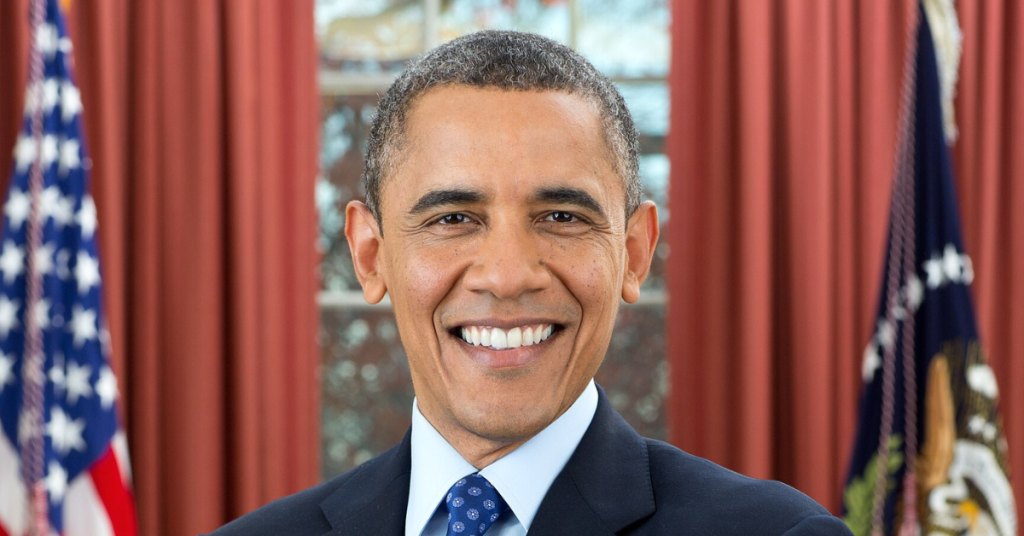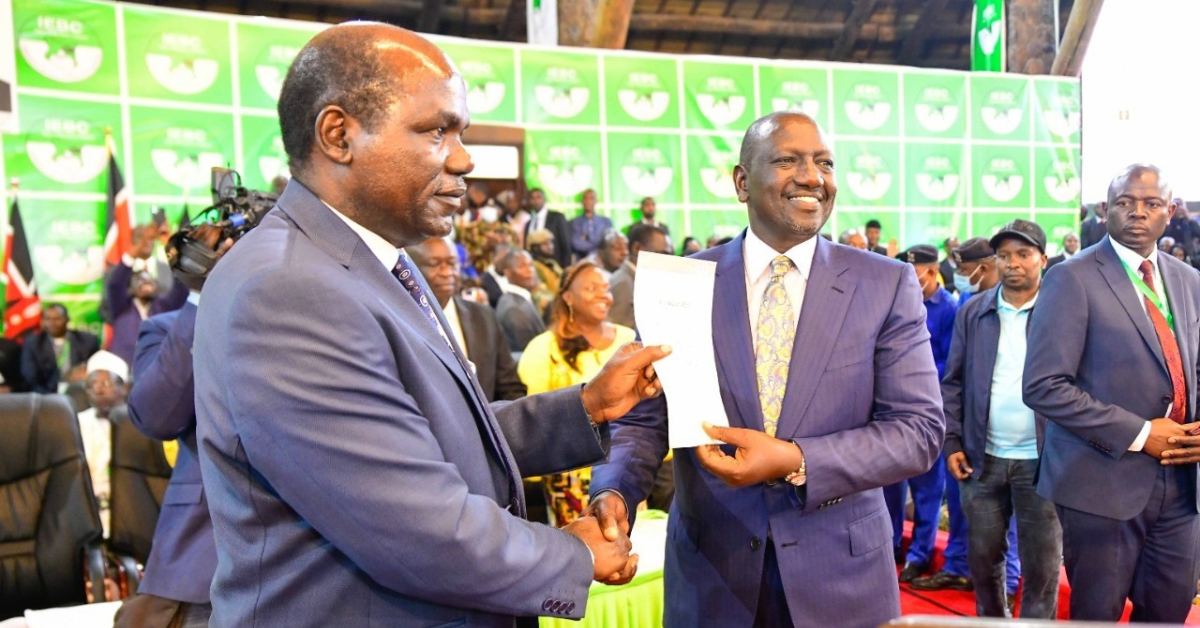Obama’s visit to Africa elicited varied reactions – as expected. There are those who reacted with indifference, expecting little or nothing to come from the visit.
Others received his visit with muted optimism, believing that an America that has its sights trained on Africa through the correct lenses might provide much needed investment and trade competition; a welcome counterweight to China and Europe.
A small but noisy minority were hostile. They held up placards accusing President Obama of supporting Israel at the expense of Palestinians, and scheming to ‘steal’ African resources. Some even accused him of coming to promote homosexuality in Africa!
Here in Kenya, there was a disappointing lack of objective analysis. What tended to be highlighted was the alleged snubbing of Obama’s invitation by some business leaders (Chris Kirubi and Bob Colmore). I say alleged because if true, this would be a truly silly and pointless reaction. ‘See, I am also a top dog: I was invited by the world’s top dog and I turned it down.’ Reason? ‘Because Obama snubbed my country.’ Such people miss the point. What matters more is not President Obama stepping on Kenyan soil; it is US engagement with Kenya. What should have mattered more for the two CEOs is not the chance to meet Obama in person, but the chance to meet business executives that accompanied him and discuss business opportunities.
The degree of US engagement with Kenya is not measured by the number of times the American president comes calling. It is measured by a whole range of contact points – military, educational, cultural, scientific, commercial, and political and yes, even psychological. In all these dimensions, the United States, of which Obama is merely its chief representative, is and will continue to be an important influence on our affairs, the hype about China notwithstanding. Incidentally, for all the fuzz about Obama skipping Kenya, no one remembers this little fact: in all their many trips to Africa, every Chinese Premier has always skipped Kenya. The highest Chinese we got was a vice premier (Comrade Wang Qishan) in 2011.
Beyond Kenya, such high profile visits by the world’s key players adds impetus to the new ‘Africa rising’ narrative. The world is paying attention. This is a good thing for Africa. But is Africa ready to seize the moment?
On his African tour, the matter of America-Chinese economic rivalry was repeatedly brought up. Is America losing the game to the Chinese? Is Obama playing catch-up a tad too late? These were the type of questions asked. But I wonder: was Africa paying attention to Obama’s answers?
“I don’t feel threatened by it. I feel it’s a good thing,” was his response, adding, “I want everybody playing in Africa. The more the merrier.” This last statement rings more true than the abstract “I am here to help Africa to build Africa, for Africans” phrase he kept repeating.
Whether you call it fierce rivalry or friendly competition, the emerging American-Chinese economic interest in Africa could either be a boon or a bane. It can be a boon if we recognize that the peaceful rise of China (among other emerging powers) presents a unique and historic opportunity: for the first time in centuries, Africa can cleverly negotiate for itself the best business and development deals and ensure that the new ‘scramble for Africa’ translates into shared prosperity for its people. Another 30 to 50 years of sustained growth in a relatively peaceful environment could propel many African countries into the league of major world powers.
The new scramble for Africa could also easily be a bane. The competition for African resources could turn deadly. Cold-War type political manipulation by competing foreign powers, working in cahoots with corrupt African governments, could turn this into another century of African slavery. The June edition of the NewAfrican Magazine estimates that, between 1970 and 2008, Africa may have lost US$1.8 trillion in illicit financial flows – roughly the total annual economic output of the continent. And this does not even include direct plunder of resources through lopsided, opaque deals in which China seems to excel. Case in point, the latest in a series of “Minerals for Infrastructure” deals struck between China and DR Congo. In exchange for the right to extract minerals, China will help DR Congo built infrastructure. The estimated cost of the infrastructure projects is US$9 billion, while the estimated value of the 10.6 million tonnes of copper and 650, 000 tonnes of cobalt (and “all other mineral substances capable of being developed”) could be as high as US$120 billion (according to Global Witness, an organisation that investigates corrupt and illegal use of resources).
That is how Africa is being fleeced. And it could get worse if African governments do not urgently address governance and competence challenges.


